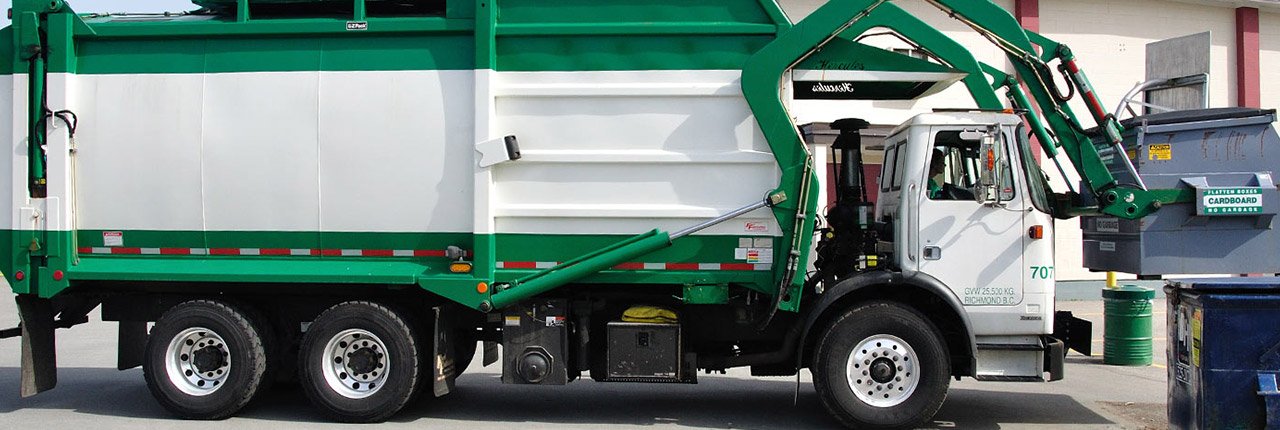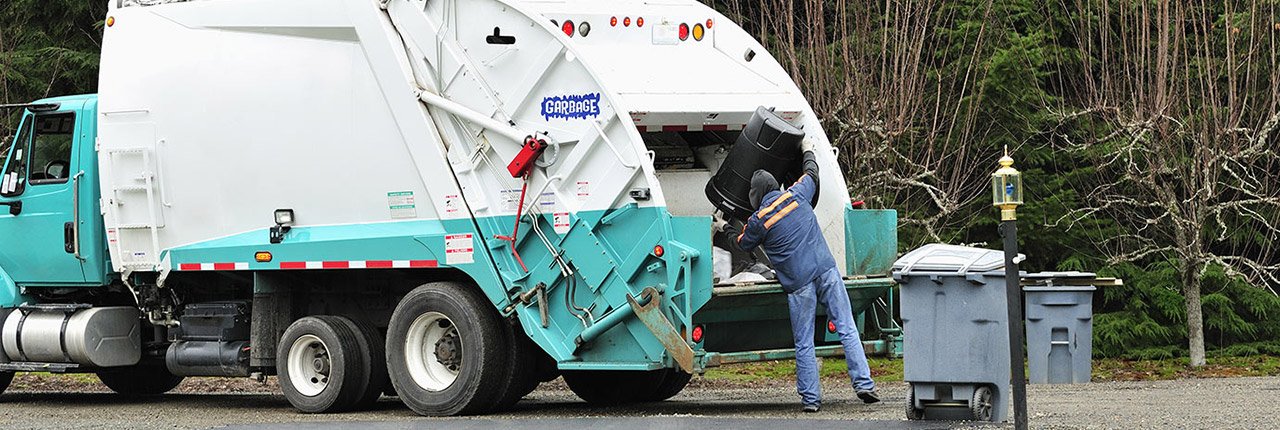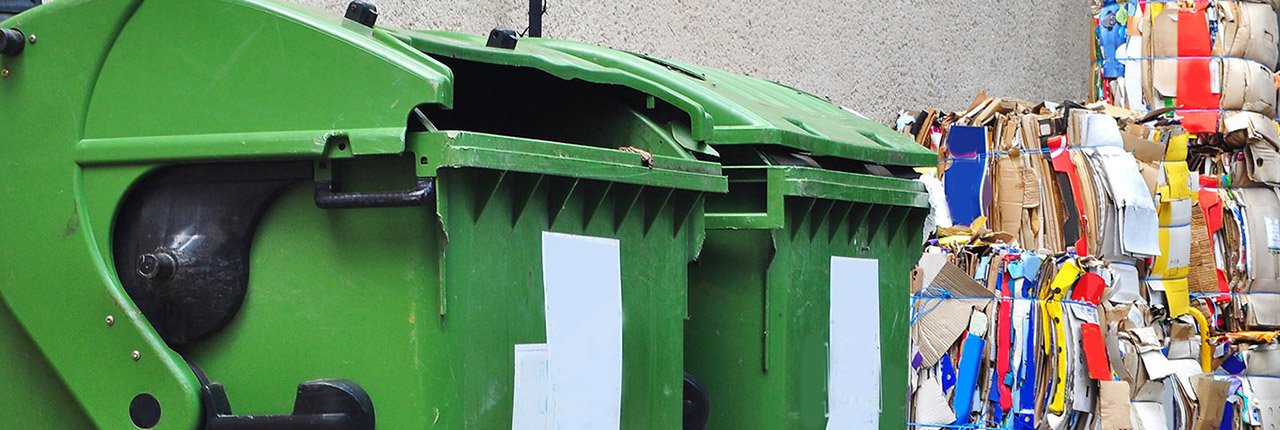Minimizing Waste: London's Initiative
Posted on 08/11/2024
In a bid to create a sustainable and eco-friendly environment, London has embarked on an ambitious journey to minimize waste. With rising concerns over environmental degradation and the urgent need to combat climate change, the city has rolled out several initiatives aimed at waste reduction. This article delves into various aspects of London's waste minimization efforts, providing insights, tips, and key takeaways for other cities looking to follow suit.
The Importance of Waste Minimization
Minimizing waste is crucial for several reasons. It alleviates the strain on landfills, reduces the carbon footprint, and conserves natural resources. It also fosters a healthier living environment and sets a precedent for other cities globally. London's approach to waste reduction is comprehensive, targeting various forms of waste including household, industrial, and electronic waste.

London's Key Initiatives
1. Enhanced Recycling Programs: London has significantly expanded its recycling programs. The city has introduced more recycling bins and offers educational programs to teach residents about proper recycling practices.
2. Waste-to-Energy Plants: These facilities convert non-recyclable waste into energy, providing a dual benefit of waste reduction and energy production.
3. Food Waste Campaigns: London encourages residents to minimize food waste through various campaigns that promote composting and responsible food consumption habits.
Community Involvement
Community participation is a cornerstone of London's waste minimization strategy. Local councils actively engage with residents through information sessions, workshops, and social media campaigns. Neighbourhoods are encouraged to organize community clean-up events and recycling challenges, fostering a collective effort towards waste reduction.
Technological Advancements
London leverages technology in its waste management programs. Smart bins equipped with sensors alert collection services when they are full, optimizing waste collection routes and reducing fuel consumption. Additionally, apps and online platforms help residents track their waste generation and find recycling centers.
Challenges and Solutions
Despite its successes, London faces challenges in its waste minimization efforts. Public apathy, contamination in recycling bins, and illegal dumping are persistent issues. To counter these, the city has increased surveillance, imposed stricter penalties for violations, and launched extensive public awareness campaigns.
Pros and Cons of London's Waste Minimization Initiative
Like any comprehensive plan, London's waste minimization initiative has its pros and cons.
Pros
- Environmental Benefits: Significant reduction in waste sent to landfills and lower carbon emissions.
- Economic Savings: Cost savings from reduced waste disposal fees and the revenue generated from recycled materials.
- Community Engagement: Enhanced community awareness and participation in sustainable practices.
Cons
- Implementation Costs: High initial investment in infrastructure and technology.
- Public Resistance: Some residents may be resistant to changing their waste disposal habits.
- Maintenance: Continuous effort and resources are required to maintain momentum and engagement.
Tips for Effective Waste Minimization
1. Educate Yourself and Others: Awareness is the first step. Educate yourself about the types of waste and how to minimize them. Share this knowledge with friends and family.
2. Reduce, Reuse, Recycle: Follow the three Rs. Reduce waste by consuming less, reuse items instead of discarding them, and recycle materials whenever possible.
3. Embrace Composting: Composting organic waste significantly reduces the volume of waste sent to landfills and enriches the soil.
4. Participate in Community Initiatives: Get involved in local clean-up events, recycling drives, and educational workshops.

Key Takeaways
1. Holistic Approach: A successful waste minimization strategy requires a comprehensive approach, targeting various waste types and involving all stakeholders.
2. Technological Integration: Leveraging technology can significantly enhance the efficiency of waste management systems.
3. Community Engagement: Active participation and continuous education of the community are essential to sustain waste reduction efforts.
Conclusion
London's initiative to minimize waste sets a commendable example for cities worldwide. By combining enhanced recycling programs, advanced technology, and active community involvement, London has made significant strides towards a sustainable future. While challenges remain, the overall benefits far outweigh the drawbacks. Other cities can learn from London's experience, adopting and adapting these practices to foster a cleaner, greener planet.
Latest Posts
Creative Ways to Introduce Kids to Recycling
The Evolution of Waste Management Through Ancient to Modern Times
Discovering the Basics: What Exactly is a Builder's Skip







